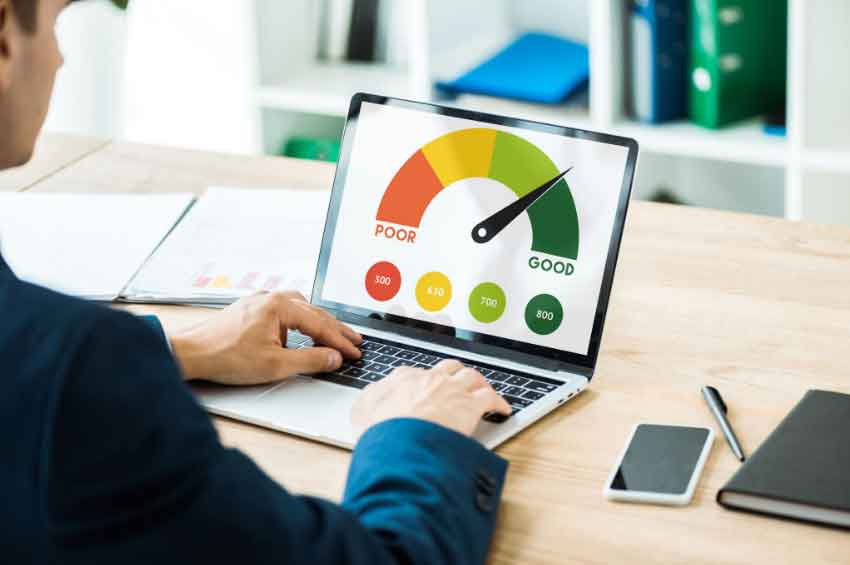Show:
Why Website Speed is Important for Boosting Rank and Revenue
Why is it Necessary to Have a Fast Running Website?
One of the best ways to enhance your website performance is increase website speed. Website speed is of major importance for a successful website. Slow website speeds can have a huge impact on your sites visibility, engagement, sales and ad revenues. So it is essential to have a fast running website, not just for higher ranking on search engines but also to keep your profits from being satisfactory. A one-second delay in page load time results in:
- 11% fewer page views
- 16% downfall in customer satisfaction
- 7% loss in conversation

With the advancement with technology devices, it can become easy for consumers to rely on smartphones and tablets to access content and services online. Consumers are also more demanding than they’ve ever been, and when they weigh the experience on your site. They aren’t just comparing you with your competitors and rating you against the best services they use every day.
Despite its importance, many people tend to focus more on content, paid search, social media, and other online marketing aspects. While focusing on these, they generally overlook the importance of increasing website speed which overall affects your website performance.
What is Website Speed Optimization?
Website speed optimization is a tactic for improving the load time of a website. A fast functioning website impacts user experience, engagement, site traffic and eventually search rankings. If your website takes long to respond, you are literally killing the sales and revenue of your website. A fast running website will boost conversions and improve SEO. It is a critical component of a successful SEO strategy to increase your website’s speed.
What is a Good Page Load Speed?
The ideal loading time of a website must be below 3 seconds. If your website takes 5 seconds to load completely, the speed seems to be good. But if your website takes more than 10 seconds to load, it will definitely affect your sites conversions and ranking. There are a number of tools that are available to report the performance of your website. You can also optimize the structure of your code to make your website faster, but a good hosting power is something that you need in order to execute your application and website faster. If you are in search of a good web host provider, Hosting Foundry reviews the top providers out there.
What is Website Speed is Important?
Fast websites are more appealing to both users and search engines that’s why it leads to on-site conversions and SEO. If your website is slow, your potential clients will leave your site quickly and move on to another site. This reduces your opportunity for your brand to engage with customers with content and drive conversions. Search engines such as Google, Yahoo, Bing, etc have become smarter and have started taking speed into consideration while ranking websites. These search engines want to deliver results that provide a great experience for their users, so they prefer to rank fast-loading websites. To appeal to search engines, a site should always incorporate page speed SEO into their strategy.

How to Increase Website Speed?
If you find that your site is running too slowly, use these tactics to increase website speed and create a more user- and SEO-friendly website.
1. Optimize Images
Reducing the size of your images as much as possible will help in speeding up your website. Try to keep the images in small formats using JPEG, PNG SVG and GIF. Images can also include unnecessary comments and colors which also increases the image size.
2. Decrease Code Size
The more code and files you have on a page, the longer it will take to load. Remove unnecessary whitespaces, comments and empty elements since they all increase your code size. Decreasing the amount of HTML, CSS, and JavaScript can increase website speed.
3. Compress Files
Another way to decrease the pull on resources as your site loads is by compressing files. When your site files are small, they don’t take as long to load. This way your site loads quickly and increases user engagement.
4. Browser Cache
Using browser caching is also a great way to decrease loading times. Every time a user visits your website, their browser loads all the elements from the serve. With the help of browser caching it can load elements like images from the browser thus, speeding the load page.
5. Web Hosting
A good web hosting provider will help your website rank higher in search engines. Choosing a good web hosting service will boost traffic to your website and also improve your website performance. If you already have a provider and you are not satisfied. Consider changing your plan to match the needs of your website content.
6. Reduce Redirects
Redirects can be useful tools but too many of them can be problematic. They require extra HTTP requests, which can slow loading speeds. For website speed optimization best practices, limit the number of redirect links on your site.
7. Host Third-party Videos
Another way to increase site load time is to host videos on third party websites. Video files are large and can often take time to load. Using a third-party platform such as YouTube, Vimeo, etc, you can embed the videos on the site by maintaining good speed on your website performance.
By focusing on these simple steps your website will definitely speed up. You will be on your way to better user experiences, higher conversions, draw in more traffic and increased ad revenues!
Frequently Asked Questions:
- Does Site Speed Affect Google Ranking?
- How to improve website loading speed?
- Page speed insights
- Google recommended page load time

 Return to Previous Page
Return to Previous Page








